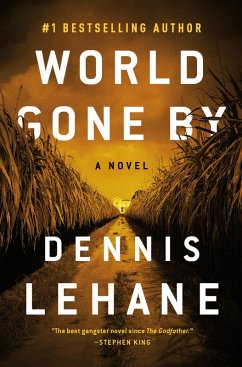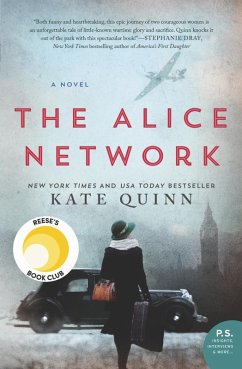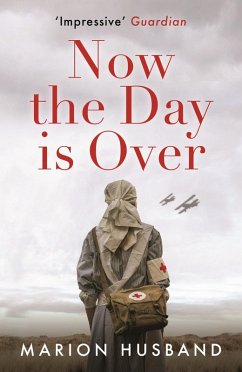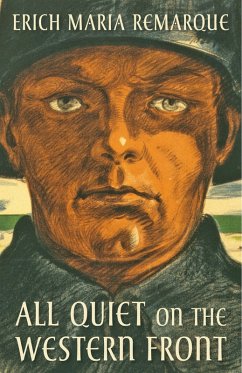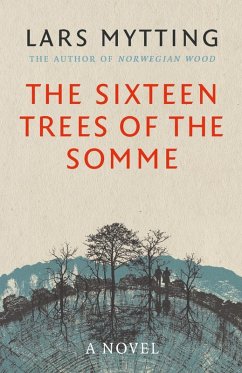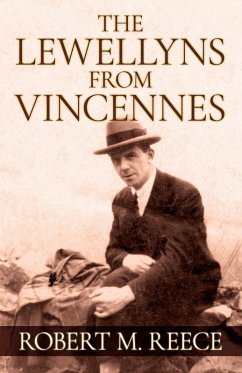
The Four Horsemen of the Apocolypse (eBook, ePUB)

PAYBACK Punkte
3 °P sammeln!
The Four Horsemen of the Apocalypse (1916) is a novel by Vicente Blasco Ibáñez. Published at the height of his career as a popular Spanish author, The Four Horsemen of the Apocalypse was adapted into a 1921 silent film starring Rudolph Valentino and later into a 1962 feature directed by Vincente Minelli. In 1919, the novel became a bestseller in the United States. "'And when the sun arises in a few hours, the world will see coursing through its fields the four horsemen, enemies of mankind. . . . Already their wild steeds are pawing the ground with impatience; already the ill-omened riders ha...
The Four Horsemen of the Apocalypse (1916) is a novel by Vicente Blasco Ibáñez. Published at the height of his career as a popular Spanish author, The Four Horsemen of the Apocalypse was adapted into a 1921 silent film starring Rudolph Valentino and later into a 1962 feature directed by Vincente Minelli. In 1919, the novel became a bestseller in the United States. "'And when the sun arises in a few hours, the world will see coursing through its fields the four horsemen, enemies of mankind. . . . Already their wild steeds are pawing the ground with impatience; already the ill-omened riders have come together and are exchanging the last words before leaping into the saddle.'" At the outbreak of the First World War, two families-and countless more-are torn apart by hatred and conflict that threatens to bring an end to humanity itself. Julio Desnoyers, a young man of mixed Argentine and French descent, leaves a life of luxury behind in search of glory and romance. Convinced that only sacrifice will win him the hand of his lover Marguerite, he enlists as a soldier in the French army. Meanwhile, his mother is forced to reckon with the marriage of her sister to a German man. The Four Horsemen of the Apocalypse showcases Blasco Ibáñez's sense of tragedy and devotion to the politics of peace, both of which guide his depiction of humanity at war with itself. This edition of Vicente Blasco Ibáñez's The Four Horsemen of the Apocalypse is a classic of Spanish literature reimagined for modern readers.
Since our inception in 2020, Mint Editions has kept sustainability and innovation at the forefront of our mission. Each and every Mint Edition title gets a fresh, professionally typeset manuscript and a dazzling new cover, all while maintaining the integrity of the original book.
With thousands of titles in our collection, we aim to spotlight diverse public domain works to help them find modern audiences. Mint Editions celebrates a breadth of literary works, curated from both canonical and overlooked classics from writers around the globe.
Since our inception in 2020, Mint Editions has kept sustainability and innovation at the forefront of our mission. Each and every Mint Edition title gets a fresh, professionally typeset manuscript and a dazzling new cover, all while maintaining the integrity of the original book.
With thousands of titles in our collection, we aim to spotlight diverse public domain works to help them find modern audiences. Mint Editions celebrates a breadth of literary works, curated from both canonical and overlooked classics from writers around the globe.
Dieser Download kann aus rechtlichen Gründen nur mit Rechnungsadresse in A, D ausgeliefert werden.





